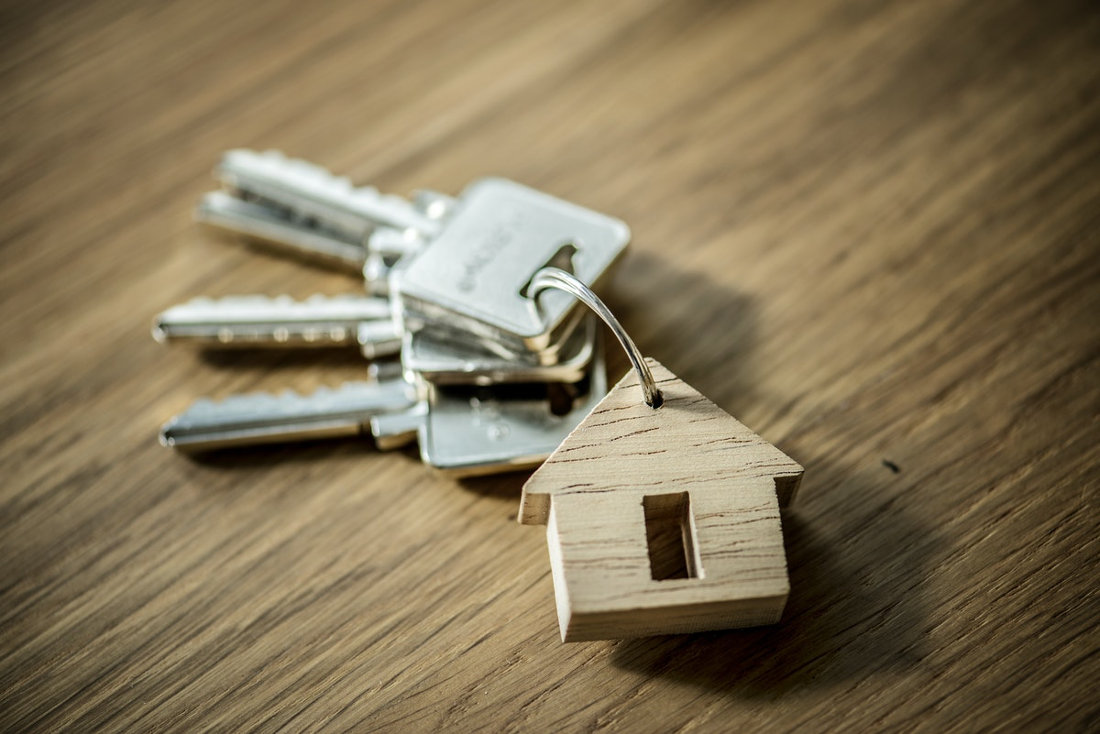Nobody has ever said that buying a home was an inexpensive or easy thing to do. Even with a mortgage, some costs go into purchasing a home that can leave people with empty accounts if they’re not careful.
Here’s what will affect how much you should save to buy a home and what that final number should be.
Where Are You Looking for Homes?
Of all of the steps to buy a house, shopping around is the most fun one. What area of the country are you looking at? Coastlines are always more expensive, and major cities can double to quadruple the value of a home.
The price of your home directly influences how much you should save, so it’s essential to consider the location. In a rural area with a population lower than 50,000 people, you can often find a three-bedroom home for around $100,000. If you were to look at that same house in coastal California, you might pay ten times that.
Although you shouldn’t move to a small town just because of a house, moving further away from the cities can save you money.
Is This Your First Home?
Have you purchased a home before? Some cities offer grants for new homeowners. This can either pay off your down payment or help get rid of closing costs altogether. In some towns, your profession can help as well. Texas offers a program that can give teachers buying their first homes a grant to get rid of their down payment.
Although you’ll still need to save up to ensure you’ve got funds for emergencies, this can help.
How Does Your Credit Score Look?
Is your credit score good, or could it use some work? The better the credit score you have, the less your lender is going to ask for upfront. If you can take the time to build up your credit score, you’ll be able to save yourself from having to save so much money.

Are You Hiring A Realtor or Real Estate Agent?
Closing costs can cost six to eight percent of the price of your home. If you hire a realtor or real estate agent, you could be looking at having to pay three to six percent of your home’s value to them. Although they can help with the paperwork and legal issues, this amount is more significant than many people can budget for.
You can buy your home without help, but it’s advised for your first home at least that you seek out a realtor or agent. This will help you see more properties and possibly open your eyes to more grants and ways to save money on your bottom line.
The Bottom Line
To find the exact amount you’ll need to save up, you’ll have to consider all of the above. A general rule of thumb is that a downpayment for a home is around 20% of the house’s cost. Although not everyone has to pay this upfront if they’re a new homeowner, it’s good to have this savings set aside. If it’s not used immediately, it can always become an emergency fund if anything happens to the home.






